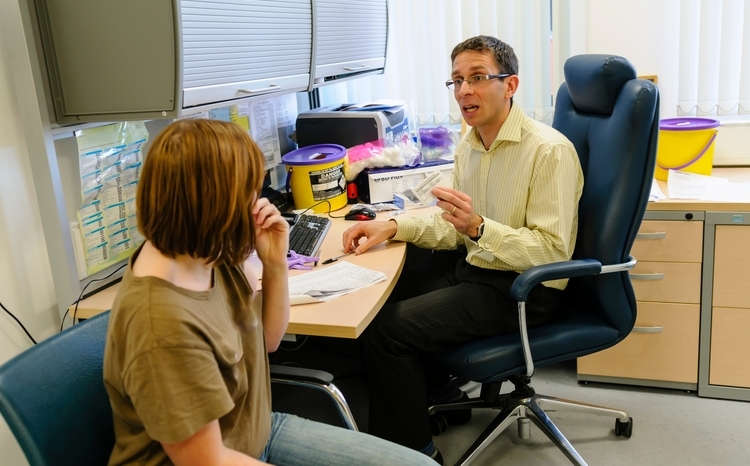PHCSG update
- 22 August 2006

Being Heard, Being Understood
It is becoming clear that if we want to unlock the potential of IT to transform the management and delivery of care, we must address significant informatics challenges that currently restrict the use of technology to share knowledge, information and workflows across the healthcare community.
Generic approaches to the integration of heterogeneous systems, such as service-orientated architecture and semantic web technologies, are offering new approaches, while the development of increasingly sophisticated components such as SNOMED and HL7 address some healthcare-specific issues. Projects such as OpenEHR and GP2GP record transfer are examples of how these and other approaches can be used to address current challenges.
Meanwhile, the NHS in England has shifted from attempting to deliver integration using a single enterprise-wide solution in each area to a model in which greater diversity can be accommodated. This change has been driven through by pressure from organisations such as the PHCSG, which have always believed that the original approach was flawed.
Other reasons for the change include the failure of the chosen vendors to deliver viable solutions, and in primary care the insistence by GPs on system choice, which are now reflected by the Government’s commitment to GP Systems of Choice.
At the same time we have seen clear demonstrations that approaches can succeed if they build on the strengths of proven systems and link them together. Projects like the Electronic Prescribing Service, PACS, Choose and Book and GP2GP are making progress.
Conference
At the upcoming Primary Health Care Specialist Group conference you will be able to hear about the progress being made from leading participants and observers of the NPfIT including:
- Paul Jones – CfH’s Chief Technology Officer
- Dr Gillian Braunold – Joint Clinical Lead for Primary Care in CfH
- Philip Davies, Technical Development Director, iSOFT
- Dr Laurie Slater, Member of HISG of the RCGP and clinical advisor to the GP National Clinical Leads for CfH
- Cheryl Cowley and Dr John Williams – NHS CfH GP2GP Project
You can hear from those who have been involved in work on GP2GP, which has been invaluable in exposing and solving many of the issues that will be encountered as we move to more widespread record sharing in the NHS.
You will also be able to hear about progress made in addressing the Information Governance issues uncovered in the past months, which have exercised many members of the PHCSG.
Over the past year the PHCSG has run a number of two day meetings to discuss issues relevant to the theme of the Annual Meeting. These provide an opportunity for us to share and develop discussions about issues such as information models, clinical record architectures and enterprise architectures. These need to be addressed if we are to solve the problems of integration information and workflows across the homogenous environments that are now developing.
Last, but not least, the conference includes a series of peer-reviewed papers from researchers who have been carrying out work in this field.
As well as the formal sessions the conference provides an opportunity for networking in a convivial environment.
Booking is available now via the group website at www.phcsg.org, where the full programme is also available. The conference will be in Eynsham Hall, Oxfordshire, on the 8th and 9th September.




